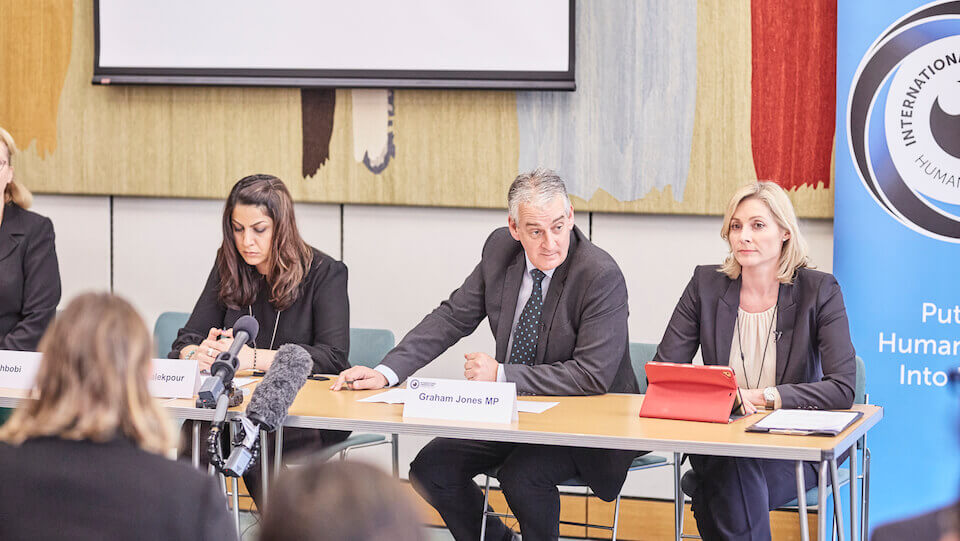UN: “Worst Year in Syria’s Humanitarian Crisis”
Syrian regime attempts to take the south west
Over 270,000 people have been displaced in the last fortnight in Syria following new heavy fighting in the south west of Syria. UNHCR’s spokesman in Jordan, Mohammad Hawari, told Reuters:
“Our latest update shows the figure of displaced across southern Syria has exceeded 270,000 people.”
This comes only weeks after 2018 was described as the worst year for displacement in Syria. The UN estimates over 920,000 people have been internally displaced so far this year. In the past few days the Syrian government extended their offensive to the south west of Syria. This is an area that has remained relatively quiet due to a disengagement agreement brokered by the US and Jordan. However, this current escalation comes from a desire of the Assad regime to regain control of the region. The offensive was carried out as part of two weeks of escalating tensions in the area. As a result, thousands of civilians that were living in the Southwest provinces, including the towns of Deraa and Quneitra, have been driven out of their homes. The masses of people have headed for the Jordanian border and some to the Golan Heights, where they hope that their neighbours will open the borders. So far both countries have said no. To date Israel has refused to open its borders to any refugees from the 7-year Syrian conflict and its resulting humanitarian crisis. Avigdor Lieberman, Israel’s Minister of Defense said last week,
“We will continue to preserve Israel’s security interests and, as always, we are prepared to provide any humanitarian aid to women and children, but we will not accept any Syrian refugees into our territory.”
Israel has delivered aid, medical assistance and arms to Syria and some rebel groups. Most recently the Israel Defense Forces (IDF) confirmed the transfer of 300 tents, 28 tonnes of food, medical equipment and medication, footwear and clothing to the Syrian side of the Golan Heights. The IDF are now on high alert as fighting continues along the Golan Heights border. Jordan has also closed its borders to those fleeing. A spokesperson from the Jordanian government, Jumana Ghunaimat, said:
“Jordan has not and will not abandon its humanitarian role and its commitment to international charters, but it has exceeded its ability to absorb [more refugees].”
To date there are 666,596 registered Syrian refugees in Jordan, but other figures estimate a total of 1.4 million including unregistered persons. Just days prior to the attacks on Deraa and Quneitra, the people of Jordan called for their government to take in as many of the displaced as possible. Messages of solidarity on social media flooded networks signing off with the hashtag ‘Open the borders’. Some of the messages included:
“we’ll share our bread with them.” “Imagine it was you. Imagine it was your family.”
The sentiments of the Jordanian people are admirable, however the government refusal to open borders, despite rising pressure from the UN stems from wider concerns about the country’s economy. Jordan has one of the smallest economies in the Arab world and is in the midst of a serious economic crisis that has seen their debt double and reliance on foreign aid increase dramatically. The US alone has pledged to increase their aid to Jordan by $6.38 billion in the next 5 years. A clear demonstration that a new wave of displaced people would create further pressure on their already strained economy.

